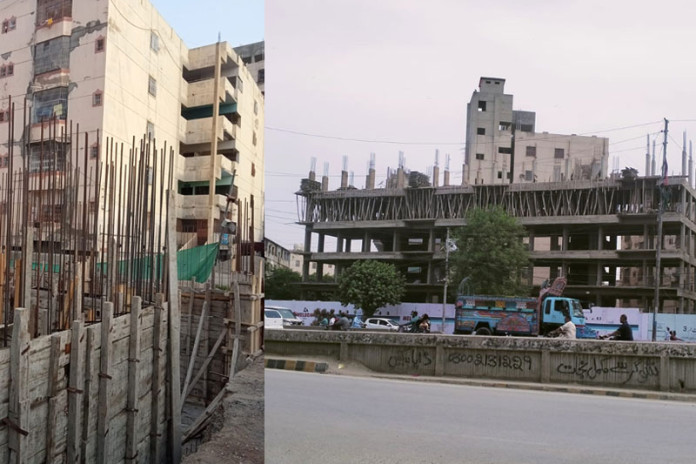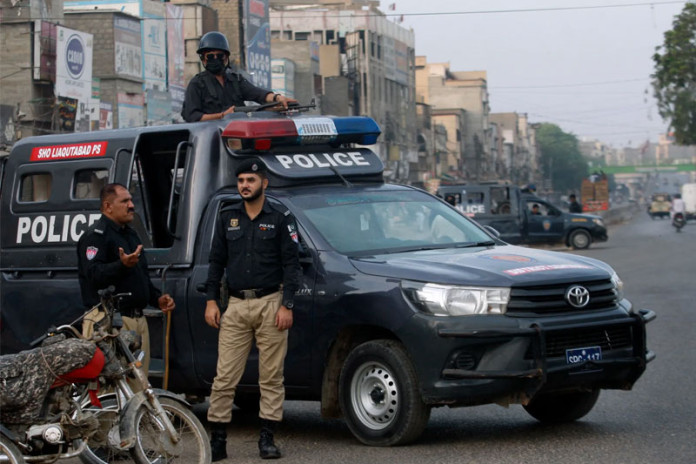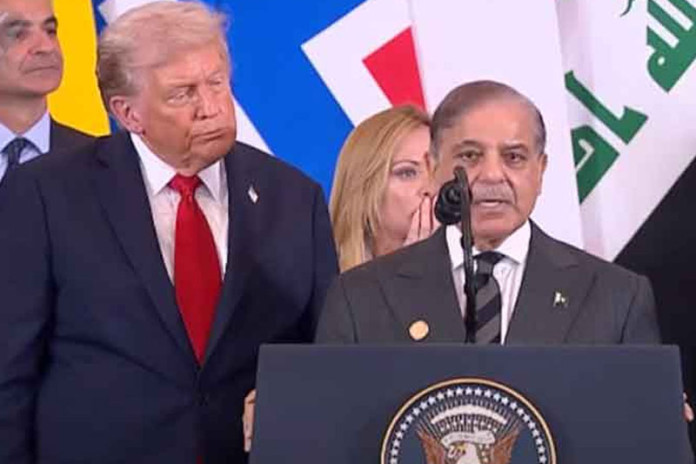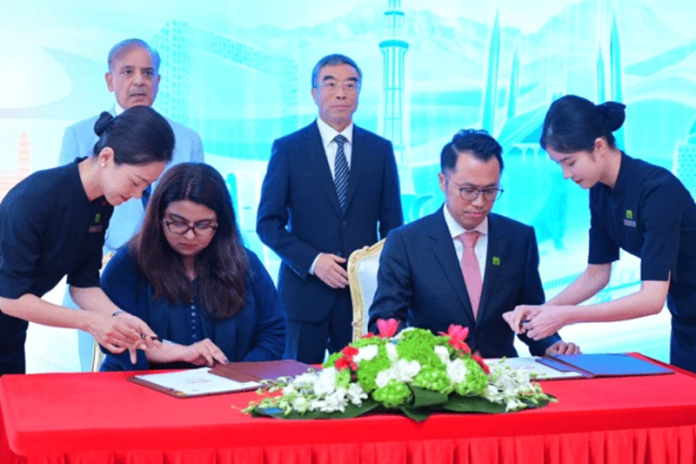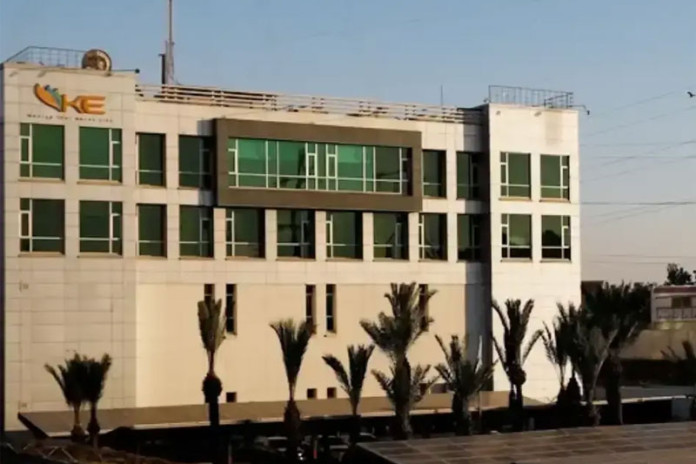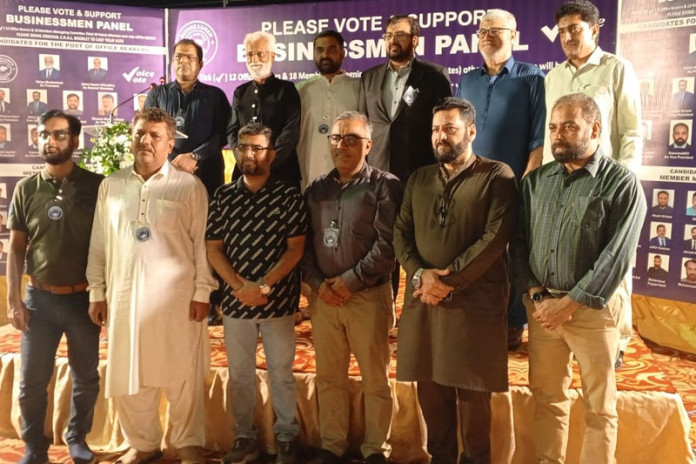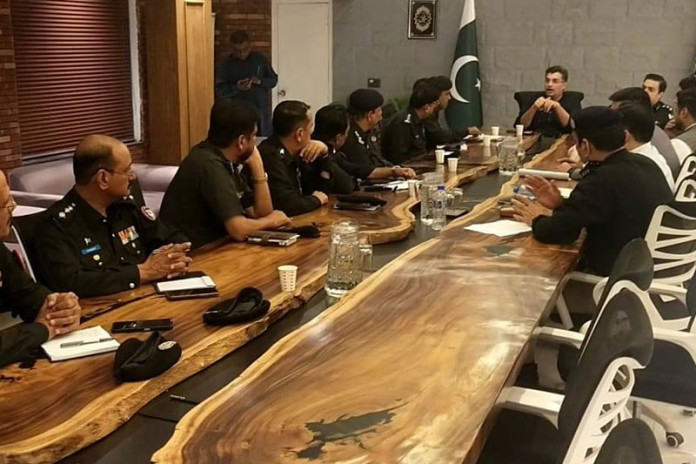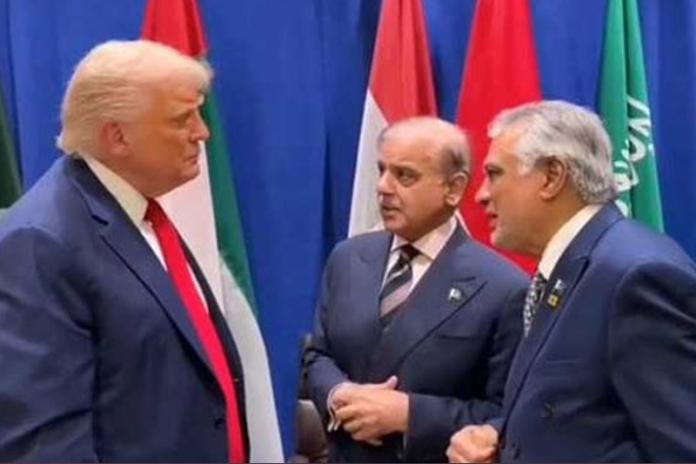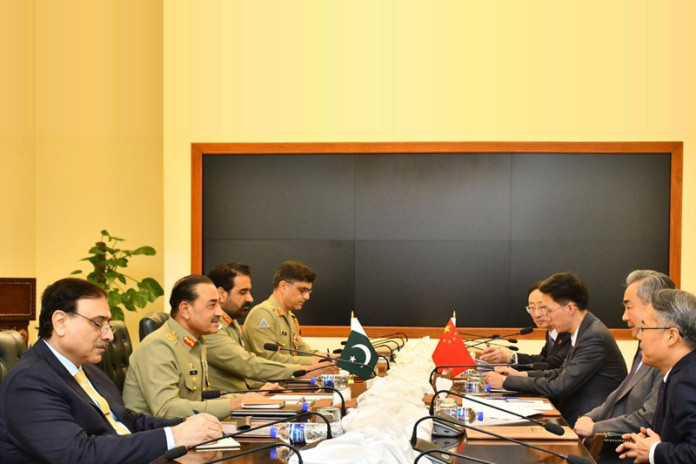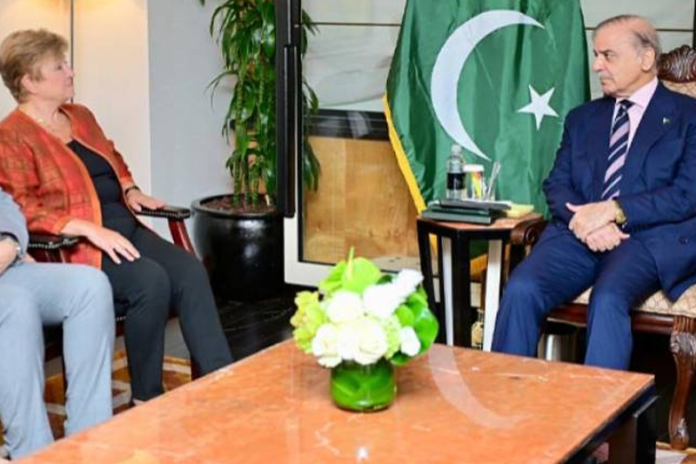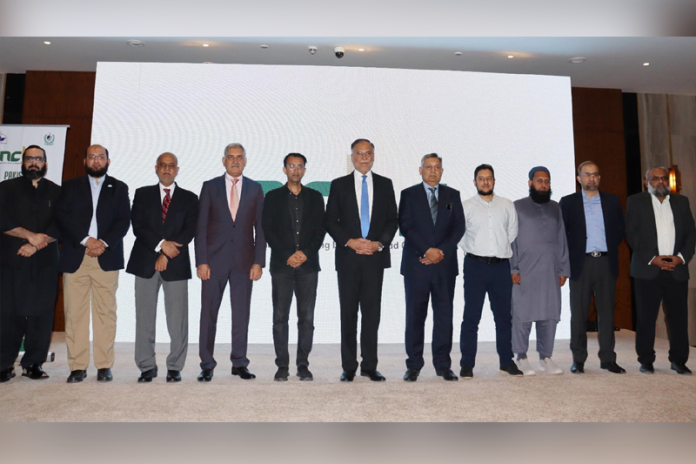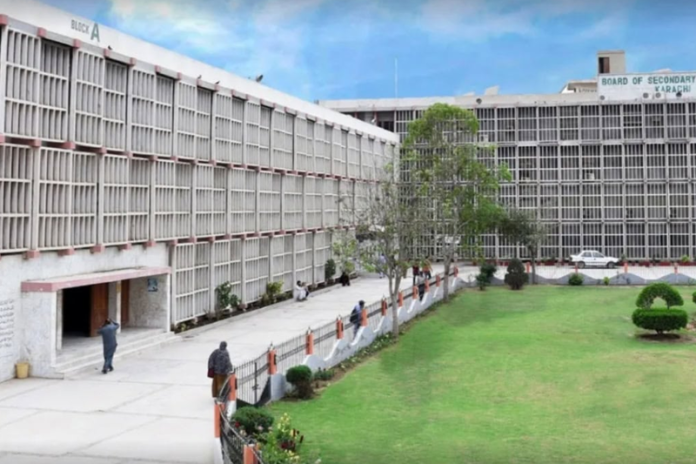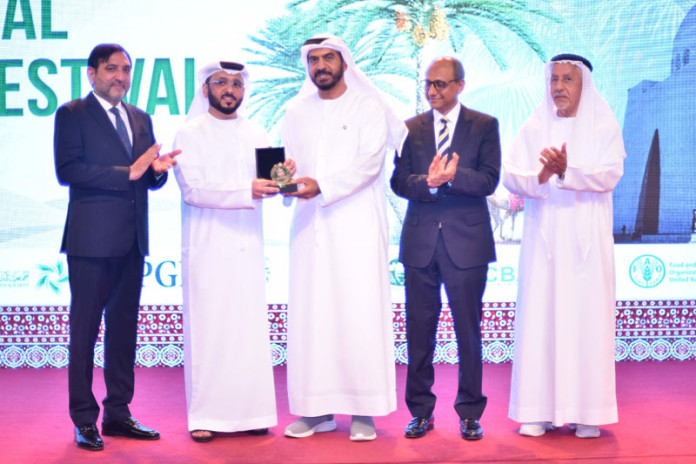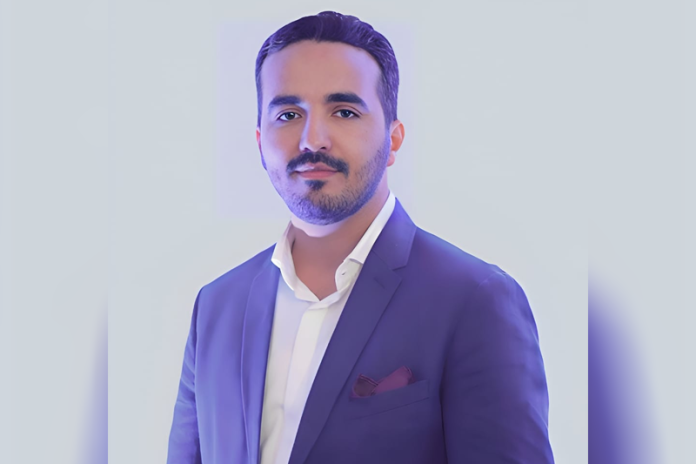‘Ziauddin University holds 1st International and 2nd National Pakistan Occupational Therapy Conference’

- 1764
- 0
KARACHI: “There has been a remarkable 278% increase in occupational therapists in the Asia-Pacific region. However, these numbers remain disproportionately low when compared to the global population.
We must take collective action to address this gap and improve accessibility worldwide”, said Samantha Shann, President of the World Federation of Occupational Therapists (WFOT).
She shared these insights during her address as the Chief Guest at the 1st International and 2nd National “Pakistan Occupational Therapy Conference”, held at Ziauddin University. The conference aimed to promote national and international collaboration among occupational therapy practitioners, researchers, and educators, creating a platform to share best practices and innovative approaches in the field.
The conference sought to foster interdisciplinary partnerships that enhance service delivery and improve patient outcomes while engaging participants in meaningful discussions on current challenges and future directions in occupational therapy.
Highlighting the significance of collaborative leadership, Samantha Shann remarked, “Occupational therapy demands teamwork and strategic efforts at both national and international levels. This field is vital for rehabilitation as it improves patients’ conditions and quality of life and prevents the worsening of their health.
By fostering global collaboration, we can ensure that occupational therapy services are more accessible and transformative for communities worldwide.” Sharing her challenges about the journey in her dignitary address, Shahida Zakir, President of the Pakistan Occupational Therapy Association (POTA), said, "As occupational therapists, we have traversed a long and arduous journey.
Today’s first international conference was once a dream, there was a time when we had only hope, not resources. This conference stands as a testament to resilience, a dream birthed from sheer hope, now realized against all odds, symbolizing how far we have come by transforming scarcity into opportunity and ambition into achievement”.
While addressing the audience, Prof. Dr. Sumaira Imran Farooqi, Dean, Faculty of Allied Health Sciences at Ziauddin University, expressed her pride in the university for hosting the first international conference on occupational therapy. Reflecting on the challenges of advancing the field, she emphasized, “We need to improve the curriculum while acknowledging the difficulty of completing such comprehensive degrees within a four-year timeframe.”
She further highlighted the unique obstacles faced by occupational therapy in Pakistan, where the lack of local evidence leads to a reliance on international cases. Celebrating the remarkable achievements of the Higher Education Commission (HEC), Hidayatullah Kasi, Deputy Director of Curriculum, HEC Pakistan proudly stated, “The journey of Pakistan's higher education sector from 2002 to 2024 is a testament to resilience and progress.
Over this period, the number of universities has grown from 59 to 263, gross enrollment has soared from 276,274 to 2.1 million, and female enrollment has increased from 32% to 46%. Enrollment per million population has surged from 2,600 to 20,000, annual research publications have expanded from 800 to over 28,000, and Ph.D. graduates now exceed 30,000, compared to just 3,110 two decades ago. These achievements underscore our nation's unwavering dedication to academic excellence and innovation”.
While addressing the conference as guest speaker Dr. Hassan Izzeddin Sarsak, Head of the Program and Associate Professor of the Occupational Therapy Program at Batterjee Medical College, Saudi Arabia, highlighted the importance of a patient-first approach, stating that “Over 1 billion people across the globe live with disabilities, representing 15% of the total population.
This staggering figure reminds us of the diversity and potential within the human experience. Rather than highlighting their disabilities, we must prioritize placing the patient first, acknowledging their dignity, strength, and individuality. Never underestimate a patient's abilities; while they may face certain challenges, they are not defined by them. Instead, they are differently abled, bringing unique perspectives and talents to the world. Embracing this inclusive mindset is crucial to fostering respect, empowerment, and meaningful progress in society”.
On this occasion, Nighat Tahir, General Secretary of POTA, emphasized that the theme of the conference, "Building Collaboration," serves as a vital pathway to enhancing the advocacy of the profession, ultimately contributing to healthcare services and promoting the health and well-being of the community.
Earlier in her welcome address, Neelum Zehra, Vice President of POTA, and Principal of Ziauddin College of Occupational Therapy, said that it is truly an honor and privilege for us to host this significant conference. We are delighted to have international experts and speakers among us, sharing their invaluable expertise and knowledge. This event reflects our commitment to fostering global collaboration and advancing occupational therapy practices.
During the conference, abstracts were presented to the audience, focusing on topics such as the role of mental health in occupational therapy, oral pediatrics, and interprofessional collaboration, further enriching the academic experience of the event. Later, poster presentations were also held, adding another layer of engagement to the conference.
The event was organized in collaboration with the Pakistan Occupational Therapy Association (POTA), the World Federation of Occupational Therapists (WFOT), Sensory Care by SAM the OT, and the Pakistan Society for the Rehabilitation of the Disabled (PSRD).
Published in The Daily National Courier, November, 25 2024
Like Business on Facebook, follow @DailyNCourier on Twitter to stay informed and join in the conversation.

